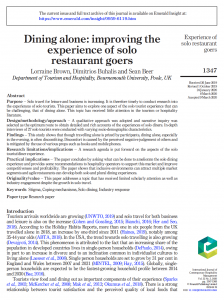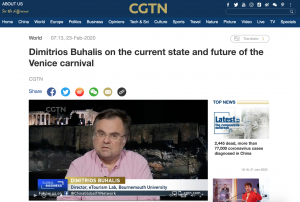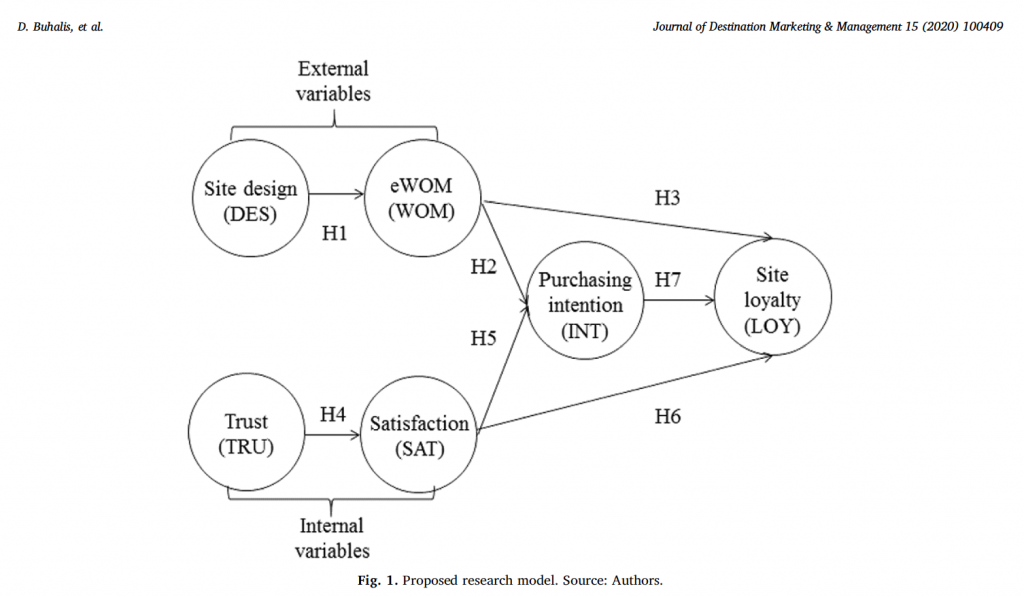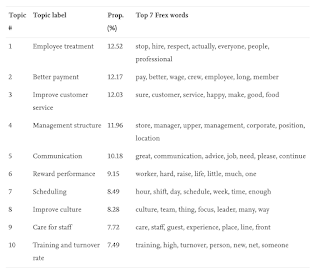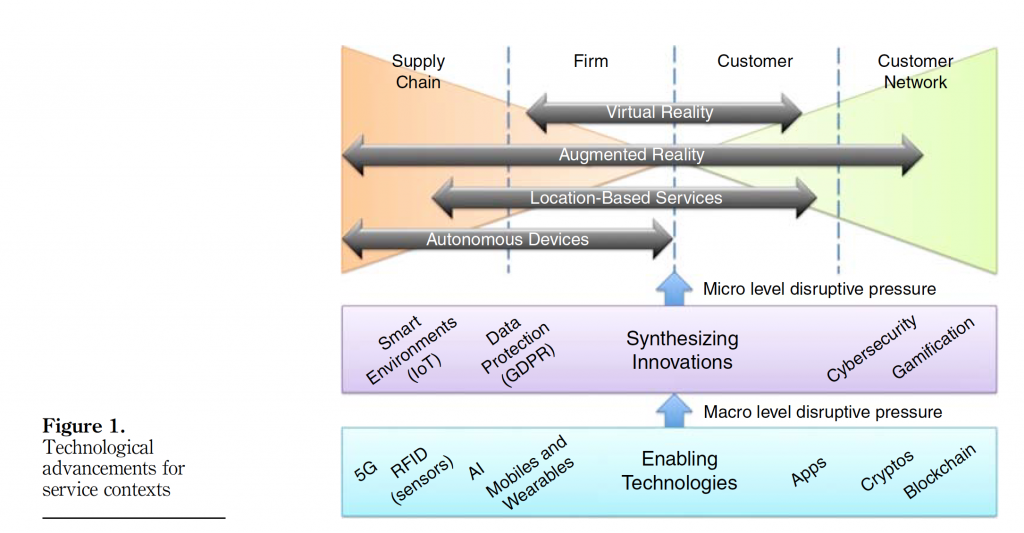New Faces: Ioakeim Gritsipis, Founder of Just Grow Hospitality
“New Faces” is a column by GTP that introduces the young professionals of the Greek tourism industry. In each column, the young Greek professionals refer to issues related to their profession, the travel & tourism sector and Greece as a destination.
 Ioakeim Gritsipis
Ioakeim Gritsipis
“Greece needs to invest more in the combination: knowledge, people and technology. The industry needs to trust more the right talented professionals that have the right knowledge.”
Business: Just Grow Hospitality
Location: Athens, Greece
Ioakeim Gritsipis was born in Piraeus in 1983. He is a graduate of the Higher Technological Institute of Patras with a major in Tourism Management and a holder of a Master’s Degree in Tourism Management and Marketing from Bournemouth University, UK. Professionally, he has been in the hospitality and travel business since 2003. Having several years of working experience in hotels on Mykonos and in Athens, and after his Master’s degree, he joined Booking.com as an account manager. For seven years he was responsible for the sales and development of several destinations, some of them being among the top performing in Greece such as Santorini, Paros and islands in the Sporades group. Today, Ioakeim is the founder of Just Grow Hospitality, a hospitality sales and marketing management company that focuses on small and mid-sized accommodations with a current portfolio of more than 10 properties.
- What are the things you like best about your job and how would you describe your hospitality and tourism management philosophy?
What I love most about my job is that it deals with the dynamic nature of the tourism industry. Every day is a new day with new challenges and that fascinates me. Additionally, my job is always balanced between two aspects – the human factor and the business factor. On one hand, and above all, everything has to do with the people and their experiences, whereas on the other hand, we have the technology and the data that steer our strategic decisions. Both of them are very important and I really enjoying the dual nature of my job.
- Have you had to face any challenges in your career to get to where you are today?
The great part of this job is that we face challenges every day. Sometimes small, sometimes big. But all of the challenges are opportunities to evolve, to learn, to become better and therefore Grow.
- In regards to hospitality, where do you think Greece needs to improve the most?
In Greece, generally, hospitality is part of our culture and we have a good base. There is, however, plenty of room for improvement in several fields of the business. More specifically, I focus more in my field and on small and mid-sized properties since we have a very large amount of them. In my experience, such properties need to improve and organize more their sales and marketing efforts and tactics. Also, I emphasize the need of these properties to enhance their procedures to monitor and audit their performance and their revenues, something which will help them steer their business more efficiently. Technology plays a crucial role in this, as nowadays we have plenty of tools and helpful data that properties have yet to take full advantage of.
- What would you say is Greece’s best kept “secret”? (In other words, what shouldn’t be a secret in your opinion and should be promoted more abroad?)
The best kept “secret” is that in Greece we have a very diversified landscape with many destinations that are completely different from one another. We have many unique “hidden paradises”, either on the islands, on the mainland or in the mountains, which can create memorable and life-changing experiences to people that visit them.
- What is your favorite destination in Greece and why?
I would rather refer to my favorite experience. What I really enjoy is cruising with my motorbike. Either on the mainland, with the eye-catching landscape, the rich nature, the forests and the villages; or on the Aegean and Ionian islands. Each island reveals hidden and unique beauties to you.
- If you could pass on a message to the hospitality industry about Greece, what would it be?
Greece needs to invest more in the combination: knowledge, people and technology. The industry needs to trust more the right talented professionals that have the right knowledge. Additionally, we live in a digital age and the technology provides us with very powerful tools, usable in all aspects of a hospitality business. The industry should always be open and constantly embrace technological innovation and changes.
- What are your plans for the future?
My plan for the time being is to continue to Grow as a company and to be recognized as a successful and valuable partner in sales and marketing management for small and medium-sized accommodations in Greece and abroad.
- If you didn’t work in the hospitality industry where would you be?
Since I remember myself, I always wanted to be in the hospitality industry. It was my first and only choice. Therefore it is very hard for me to think what I would do if I was not in the industry.
Connect with Ioakeim Gritsipis on LinkedIn
